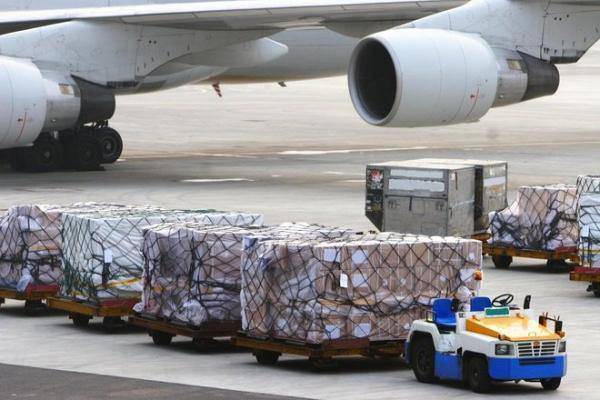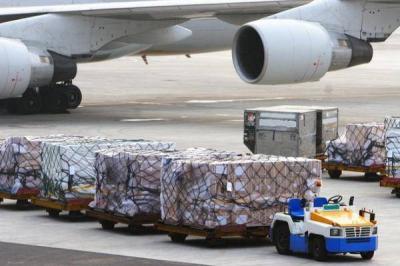The International Energy Agency stated on Wednesday that global oil demand is slowly rising, but is set to receive a significant boost thanks to the resumption of air travel and economic activities in China following the lifting of COVID-related restrictions.
The Paris-based agency noted in its monthly oil report, "Global oil demand growth in 2023 began somewhat weakly but is expected to end the year with a significant increase." It added, "The recovery in jet fuel usage and the resumption of economic activities in China will lead to an overall increase from the first quarter to the fourth quarter of 3.2 million barrels per day, marking the largest percentage increase in a year since 2010."
The agency kept its forecasts for Chinese and global demand relatively stable from the previous month at 16 million barrels per day for Chinese demand and 102 million barrels per day for global demand.
It indicated that oil supply still exceeds relatively slow demand, but the market is expected to achieve balance by mid-year, with increasing demand in China and developing countries.
The agency explained, "Real-time indicators of transport activity in China have mostly stabilized after a noticeable recovery in January, driven by air travel as domestic flights now reach levels much higher than pre-pandemic."
It warned that high inflation and investor concerns over rising interest rates cast a shadow over economic forecasts and could pose a risk to fuel demand, adding that concerns related to the safety of the U.S. banking sector could also threaten potential declines.
Meanwhile, commercial oil stocks in advanced countries of the Organization for Economic Cooperation and Development reached their highest level in 18 months due to decreasing demand and rising stocks in Europe ahead of a ban on certain imports of Russian crude and refined products.
Russian oil production remained close to pre-war levels in February despite sanctions imposed on Russia's maritime exports. However, crude exports fell by 500,000 barrels per day, while a new EU ban on maritime Russian products and a price cap imposed following U.S.-led efforts, both coming into effect on February 5, reduced Russian product exports by 650,000 barrels per day.




